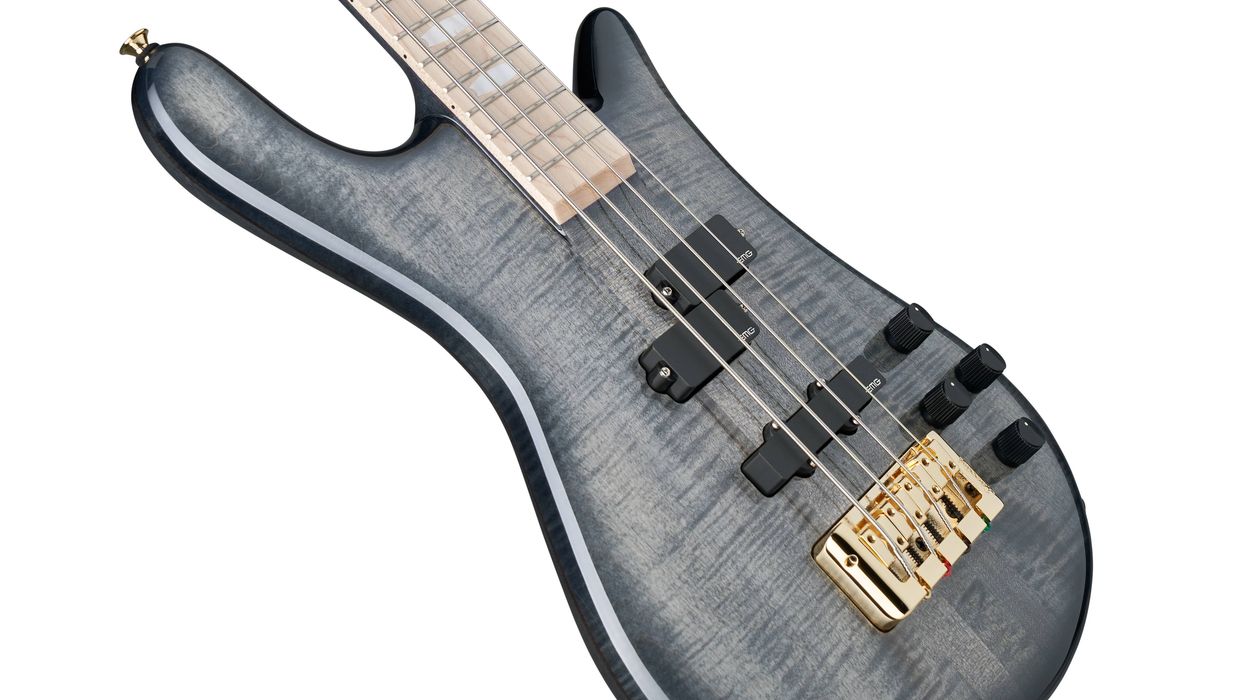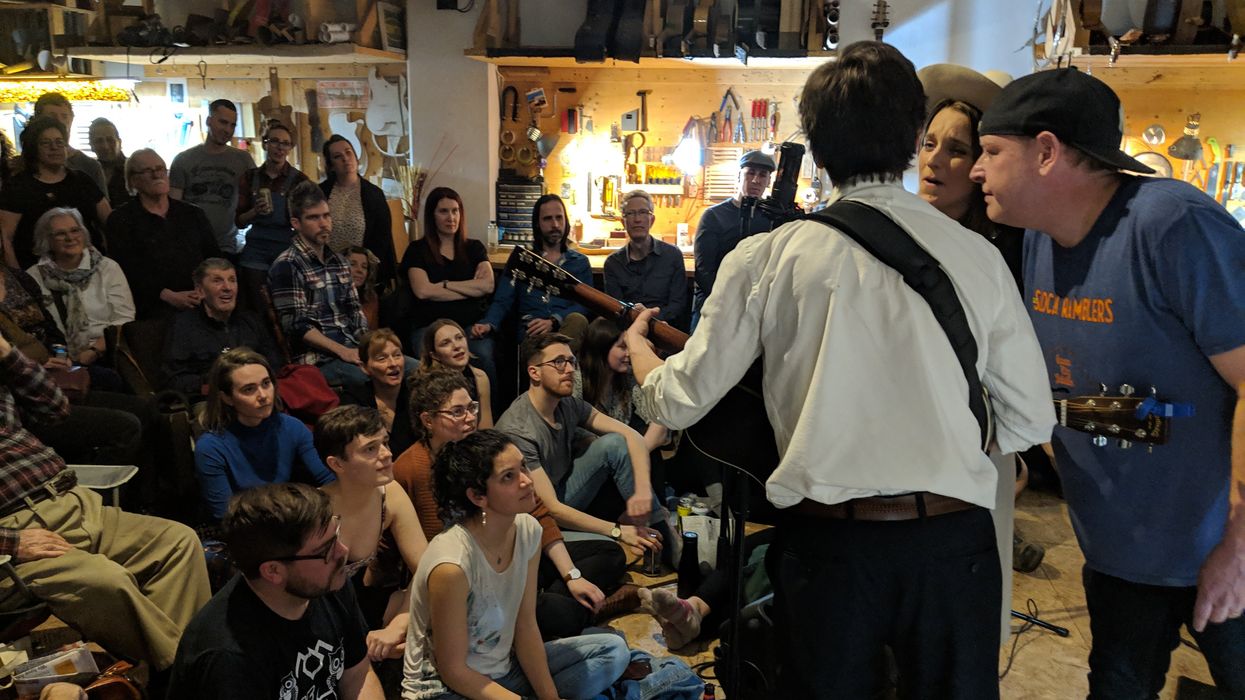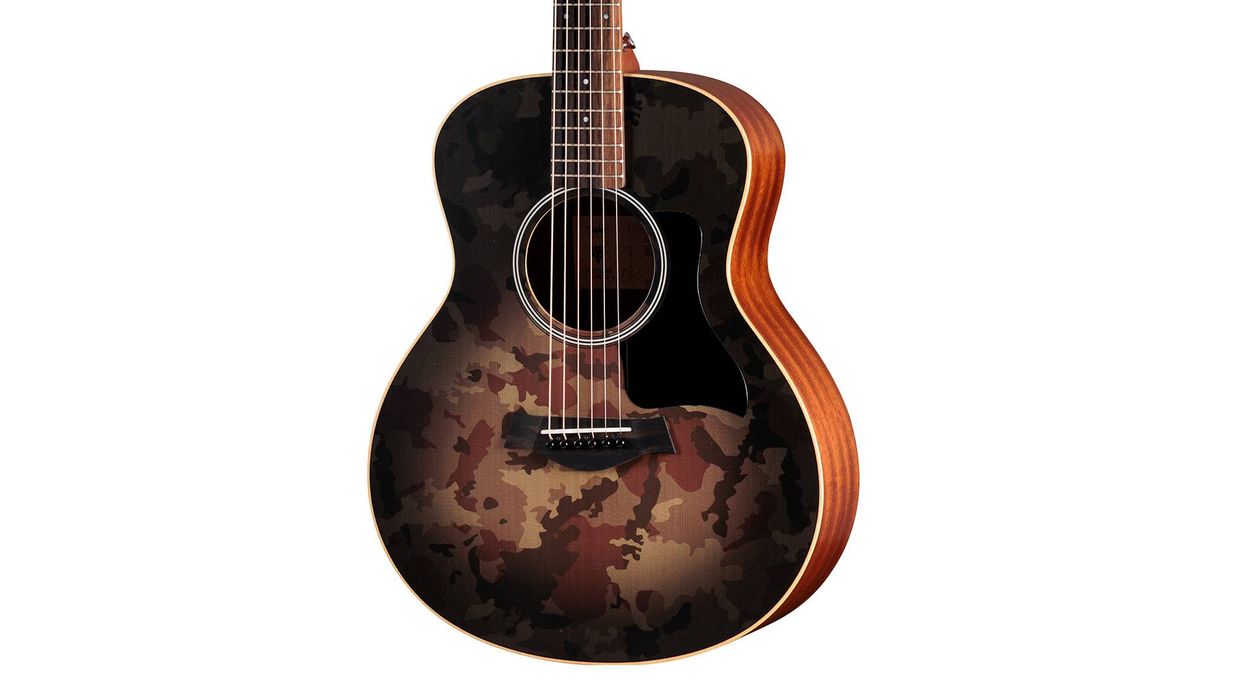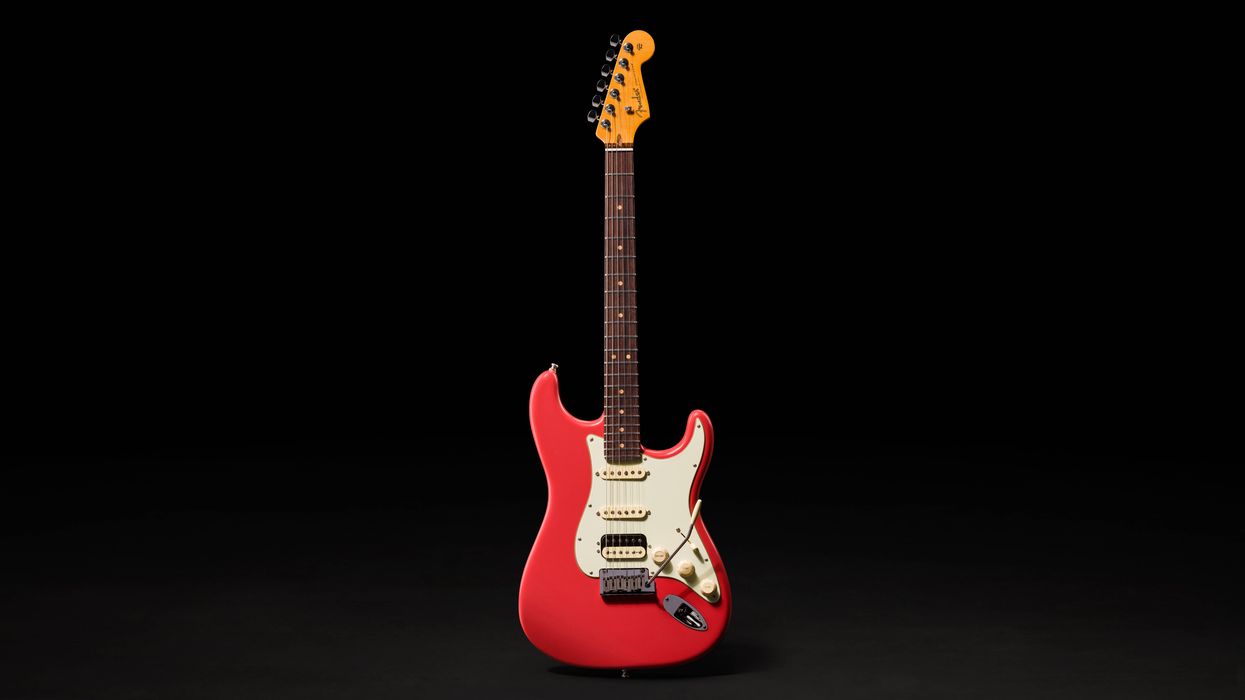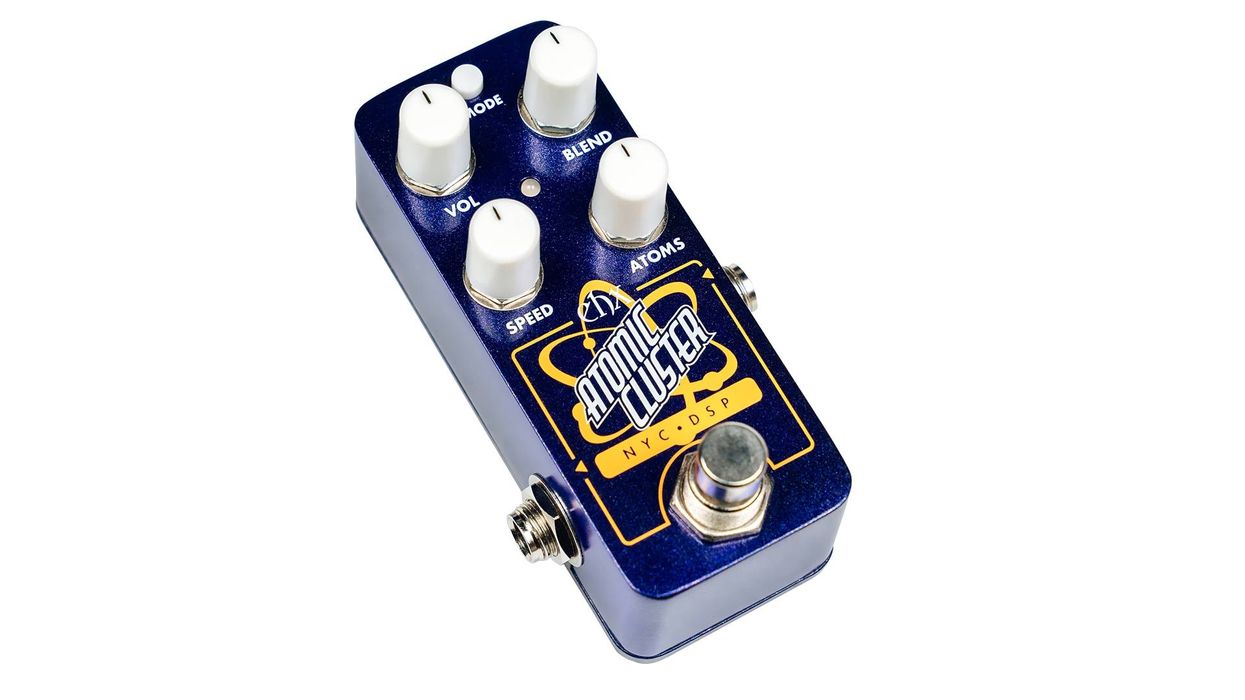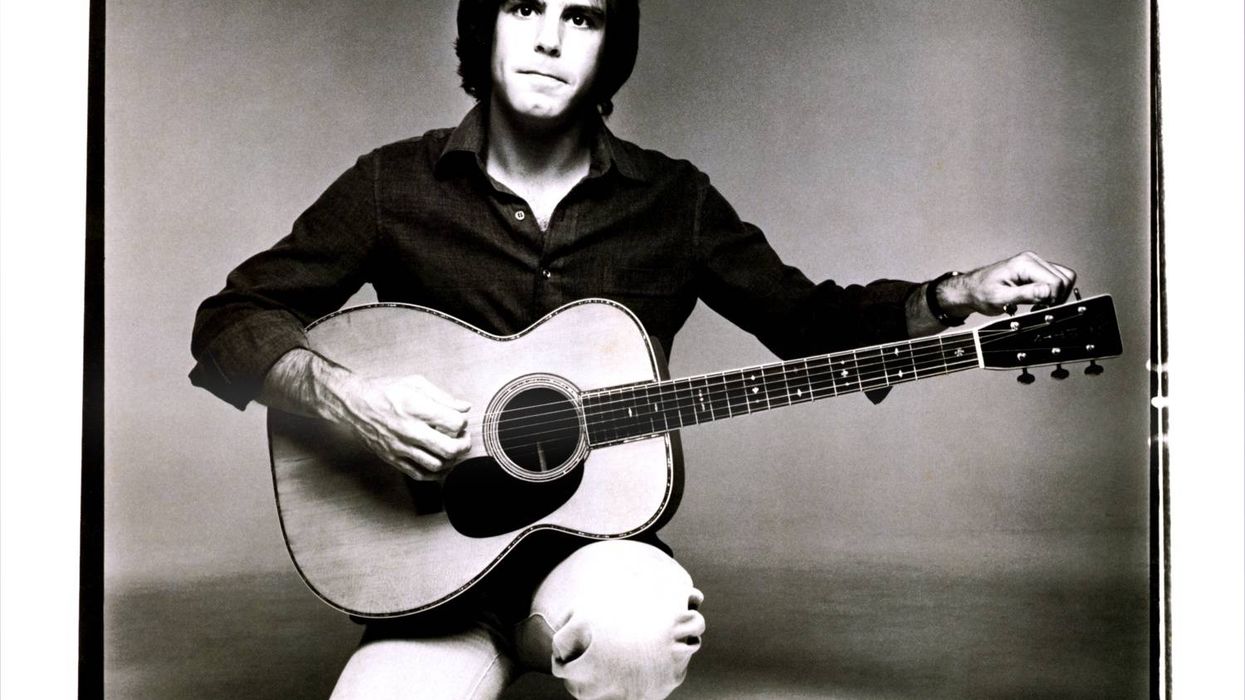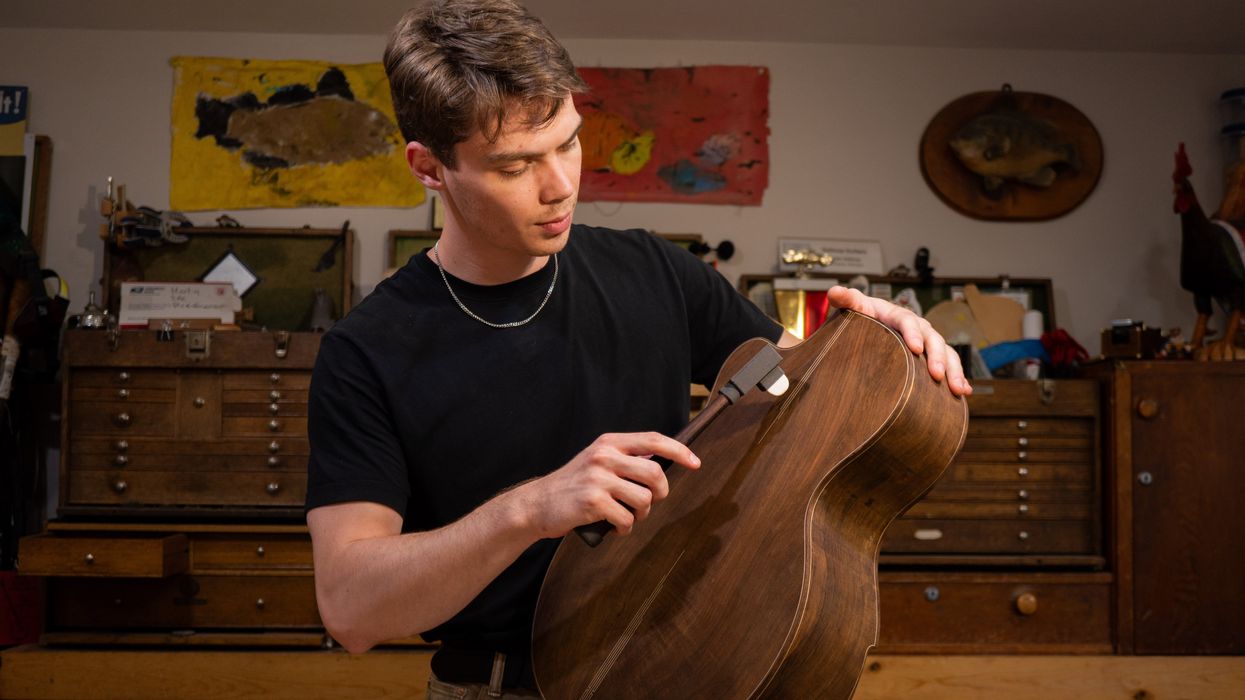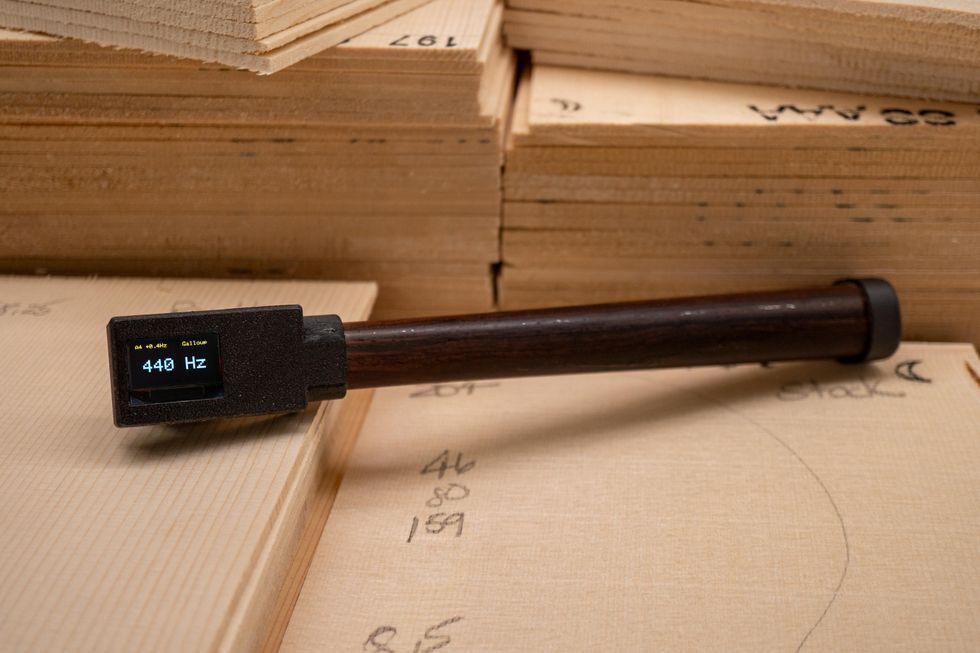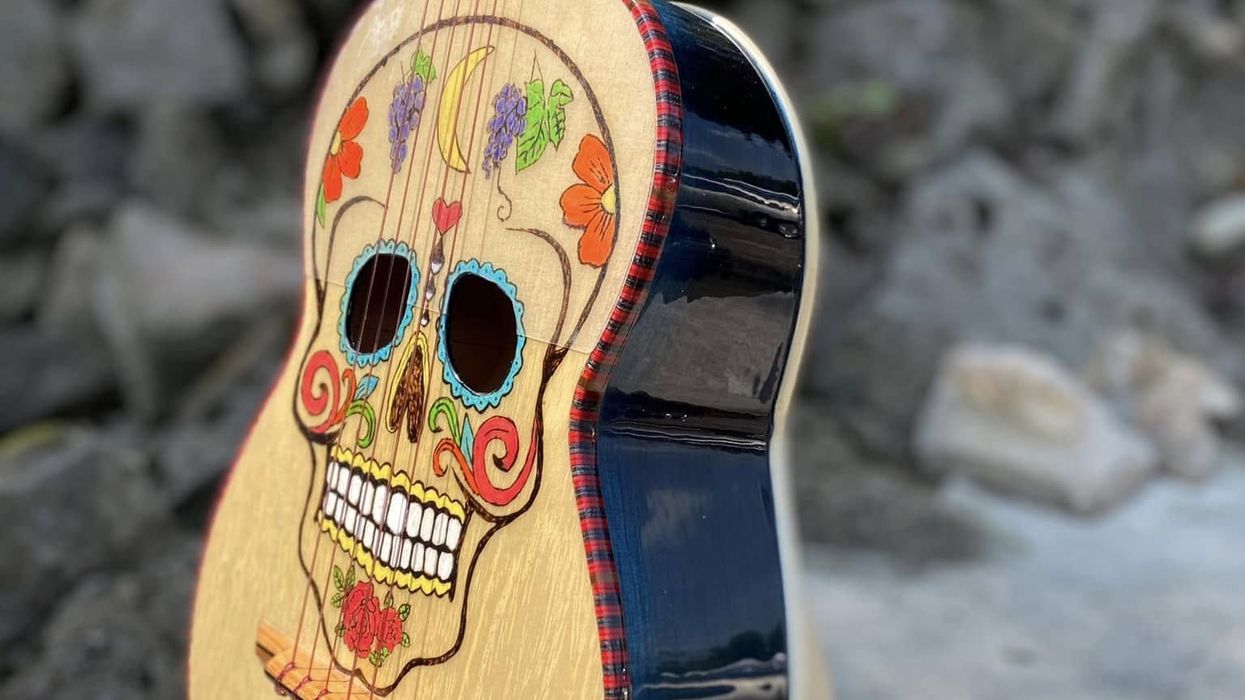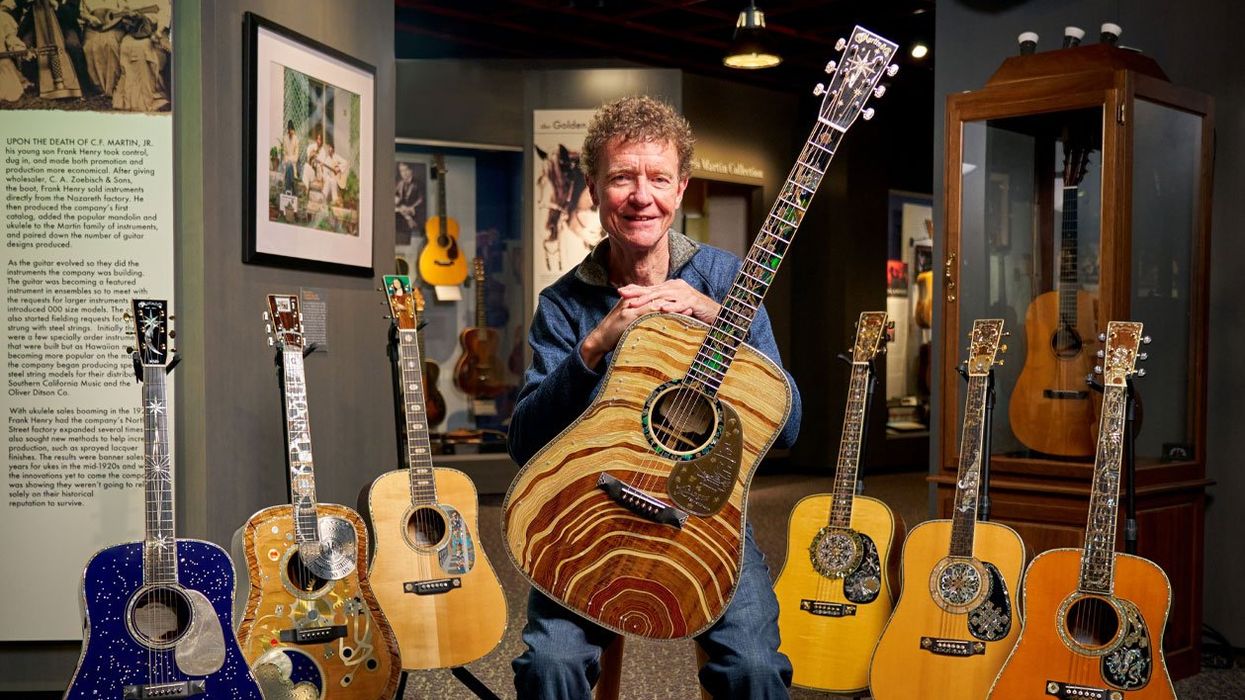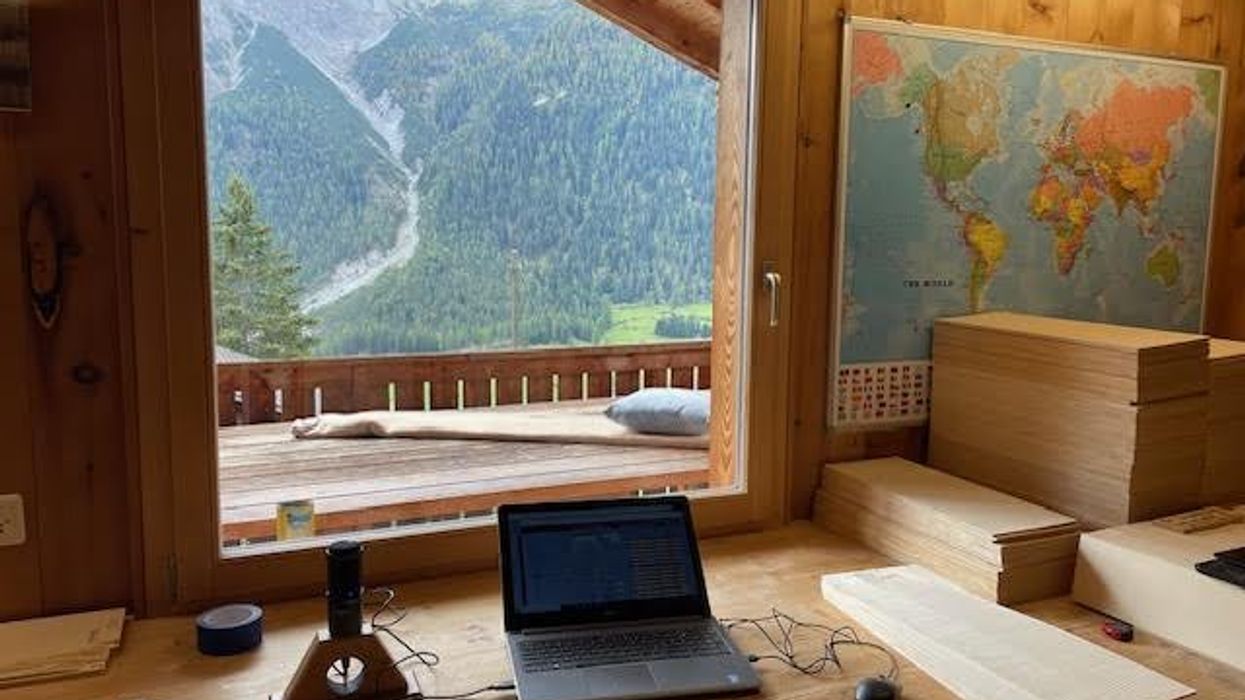More and more young
people have been coming
into our shop lately, wondering
how to prepare for a career as
an instrument maker. Most of
them are still in high school,
the time when kids are trying
to figure out if they should be
doctors, lawyers, cowboys, or
astronauts—and at least around
here, guitar makers. I’m always
at a bit of a loss for what to tell
them. Should I be the voice of
reason and advise them to pursue
a less exclusive career path,
like the NFL?
With 32 teams and 53 roster
positions each, there are 1,696
jobs available as a player in the
NFL. I conducted a completely
unscientific survey by adding
up the number of employees at
the guitar factories, small shops,
and one- and two-man operations.
My totally off-the-wall
estimate indicates there may
actually be fewer available positions
as a professional American
acoustic guitar builder than
a professional football player.
Maybe the best way to tell people
how to get where they think
they want to go is to tell them
about the guys who work for
us, and how they each ended up
in this exclusive little club.
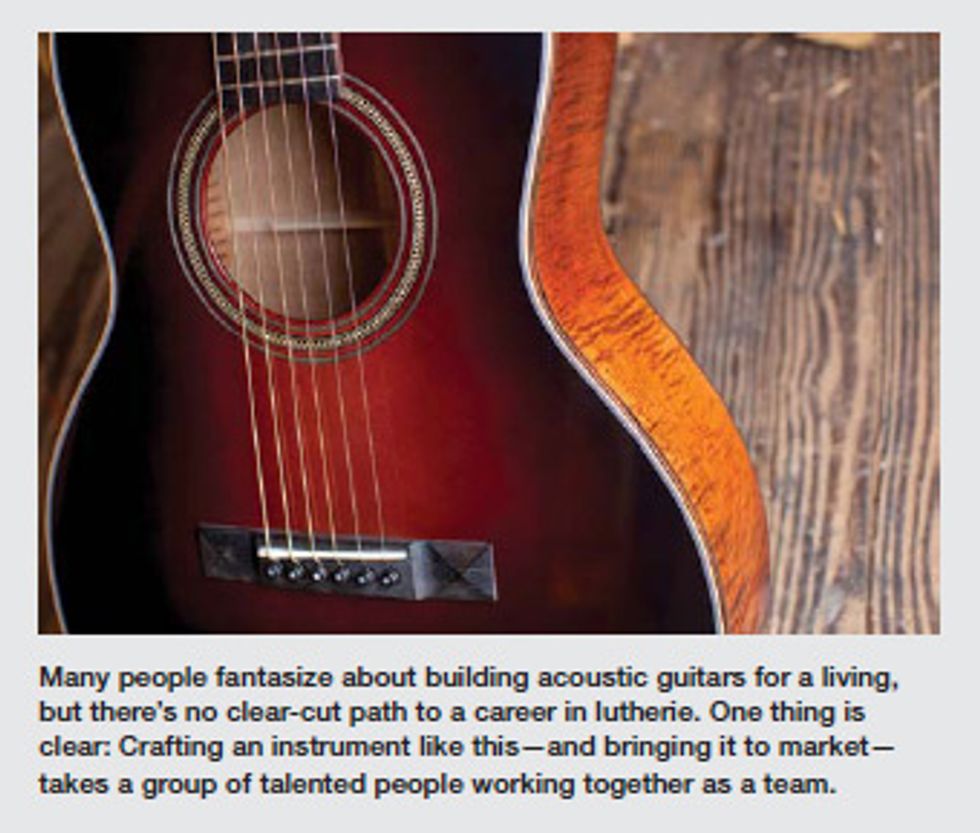
John Calkin has a degree as a gunsmith, but his experience putting together a dulcimer kit in his bedroom in the mid-’70s took him down this path. One of his friends who built muzzle-loaders had some shop space and machinery to share, and John was soon building and selling dulcimers. He eventually moved into his own space and began answering orders for mandolins, bouzoukis, banjos, electric guitars, and acoustics. Like a lot of builders from that era, he had to figure it all out as he went. John came onboard after interviewing us for a magazine article and has been part of our team for about 14 years now.
Dean Jones grew up in a musical family from Alabama (his uncle played Dobro with Hank Williams) and inherited his father’s love of woodworking. He went to college to major in art, but ended up with a business degree and spent seven years working in and managing bookstores. His interest in instruments and woodworking eventually led him to the Roberto Venn School of Lutherie and a job in our shop after graduation.
Ben Critzer came to us after answering an ad we placed in our local paper. He first picked up the guitar during the Great Folk Scare of the early ’60s. After graduating from Virginia Tech in 1971, he spent years working for newspapers and doing PR before a midlife switch to landscaping work, which led to an appreciation of working with his hands. Ben’s solid background (combined with some disappointing lutherie- school dreamers at the time) made him a great choice, even though he had no experience in this line of work. Ben sprays all of our finish and has been with us for over five years.
Ken McAlack’s path to our shop is similar to Ben’s. Ken grew up in the ’60s playing rock ’n’ roll, fighting the pressure to conform, until the realities of a wife and children made him buckle and get a “real job.” Auto mechanics had always come to him naturally, so he set out on a career path that eventually led to managing large service departments for auto dealerships. But he always vowed that after the kids were grown and college was paid for, he was going to do what he really wanted to do. A tour of our shop seven years ago was an eye-opener for Ken, and we just happened to be looking for a buffer. His enthusiasm and obvious eye for detail convinced us to give him a chance. Most of the guitars that have come out of our shop in the last several years owe their beautiful shine to Ken’s skilled hands.
Jeff Hill got his first guitar at age eight after seeing George Hamilton IV play “Your Cheatin’ Heart.” But as an Indiana kid, the pressure to play basketball was too great—he was soon convinced that guitar wasn’t cool and caved to the pressure. Three decades later he took up the guitar again. As an auto mechanic, he was curious about how his guitar was made and worked, and was soon spending his summers at Frank Finocchio’s weeklong guitar building and repair camps. A tour of our shop on a day we were interviewing potential employees caused him to impulsively pick up an application. Despite the unanimous advice of his girlfriend and parents that he was crazy, he resigned his position managing an auto repair service and came to work with us. His mother now proudly introduces him as her “guitar-making son.”
Danny Dollinger is our most recent hire. He grew up near Virginia’s legendary Wayne Henderson and spent as much time as he could hanging around Wayne’s shop as a kid. A lifelong musician, Danny could never afford the repair work that his instruments needed, so he learned to do things on his own. That led to a three-year stint in Texas working under repairman Mark Erlewine, and then the eventual start of his own repair business. A tour of our shop (there seems to be a theme here) at an opportune time turned into a position as our resident fret masher.
Six very different people took six unique paths to our door, and I’m not sure what overall lesson you can draw from their experience. Considering the comparison to the NFL (which, at the time I was writing this column, had still not figured how to agreeably divide the nine billion dollars they generate), they would have all been better off lifting weights and taking steroids!
 Jeff Huss
Jeff Hussco-owner of Huss & Dalton Guitar Company, moved to Virginia in the late ’80s to play bluegrass. He and his business partner, Mark Dalton, formed their company in 1995. Since then they’ve earned world-wide recognition for their high-end, boutique guitars and banjos.

